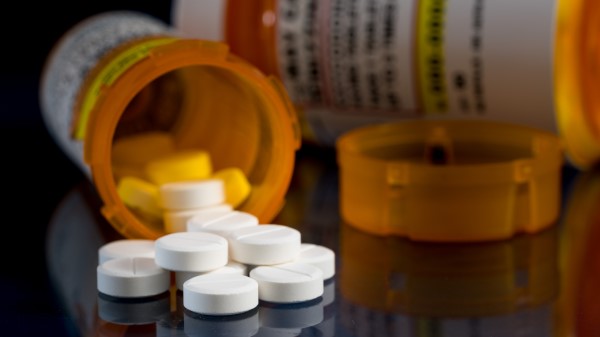
THE ISSUE
Substance use disorder (SUD) continues to be a national health crisis. Addiction to prescription opioids, heroin, and other synthetic opioids such as fentanyl leads to overdose, death, and chronic health problems. New England has been hit hard by the
opioid use disorder (OUD) epidemic. According to the Massachusetts Department of Public Health (DPH), in 2022, the opioid-related overdose death rate in Massachusetts increased another 2.5% compared to 2021, with rates among Black, non-Hispanic residents
experiencing the largest increase, according to preliminary data, and reaching an all-time high. The rise in death rates reflects the effects of an increasingly poisoned drug supply, primarily with the powerful synthetic opioid fentanyl.
DPH data also shows that racial disparities in overdose deaths continue to widen, with Black, non-Hispanic men making up the largest increase in opioid overdose death rates in 2022, at 41%. Recent reports have also highlighted significant gender disparities
in access to treatment, with women less likely to access treatment despite increased substance use. From 2021 to 2022, the opioid-related overdose death rate for Black, non-Hispanic women increased by 47%. These developments underscore the imperative
of the Commonwealth’s continued investments to address this issue with a focus on equity.
OUR STANCE
Addressing SUD has been a top public health and advocacy priority of the Medical Society for many years. First and foremost, the Medical Society recognizes that SUD is a chronic, relapsing brain disease. There is an urgent need for greater intervention to prevent and treat SUD,
especially with widening racial disparities in opioid-related overdose deaths. The Medical Society is proud to be at the forefront of addressing the devastating effects of this disease by advocating for data-driven policymaking and an equity-based
public health approach that prioritizes harm reduction while improving access to intervention, treatment, and recovery services.
The MMS supports:
- increasing funding and removing barriers to evidence-based care for patients with SUD. This includes expanding the use of telehealth, maximizing insurance coverage, and minimizing cost sharing for SUD treatments and therapies.
- the expansion of harm reduction initiatives, including overdose prevention centers. The MMS was the first state medical society to support the establishment of overdose prevention centers in our novel 2017 report.
The MMS is also a founding member of MA4OPC, a statewide coalition of more than 30 organizations committed to establishing overdose prevention centers in Massachusetts.
- enhancing treatment over incarceration, ending involuntary commitment for SUD treatment and decriminalizing personal drug use and possession of illicit substances. These actions will significantly minimize the risk of harm to those who suffer
from SUD.
- helping pregnant patients in recovery. A harmful state law currently requires
health care providers to make a report for suspected abuse or neglect any time an infant is born with prenatal substance exposure. This includes situations in which infants are exposed in utero to clinician-prescribed medications to treat OUD.
Being reported to child welfare authorities is a stressful experience for a family, and often pregnant individuals choose to stop medication to treat OUD out of fear of being reported, a situation that ultimately increases their risk of relapse
and poses safety risks for their child. The MMS supports legislation to reform the state’s child protective service laws to ensure pregnant patients
can access evidence-based treatment for OUD without fear of being reported to the Department of Children and Families.
- investing in comprehensive services and support. To address the opioid crisis, we need to prioritize overdose death prevention while simultaneously expanding access to resources for those living with SUD to ensure they have every opportunity
for recovery. A holistic approach that addresses challenges like food insecurity, housing, and access to behavioral health treatment in concert with SUD treatment is needed to end this crisis.
OUR ADVOCACY
The Medical Society is advocating for the advancement of data-driven policymaking and an equity-based public health approach that prioritizes harm reduction, prevention, intervention, and treatment and recovery services. Our efforts include advocating
for the following bills and programs:
- An Act relative to preventing overdose deaths and increasing access to treatment (H.1981/S.1242).
- An Act relative to removing barriers to non-opioid pain management (H.990/S.659).
- An Act to support families (H.173/S.64),
- An Act relative to treatment, not imprisonment (H.1391/S.982),
- An Act ensuring access to addiction services (H.1966/S.1247),
- An Act regarding consistent care for addiction rooted in evidence (H.1967/S.1252)
In addition, the MMS submitted comments to the Centers for Medicare & Medicaid
Services in support of telecommunications flexibilities for the Opioid Treatment Program. The MMS also supported funding for the ongoing work of MCSTAP to screen, diagnose,
treat, and manage the care of all patients with chronic pain, substance use disorders or both.
